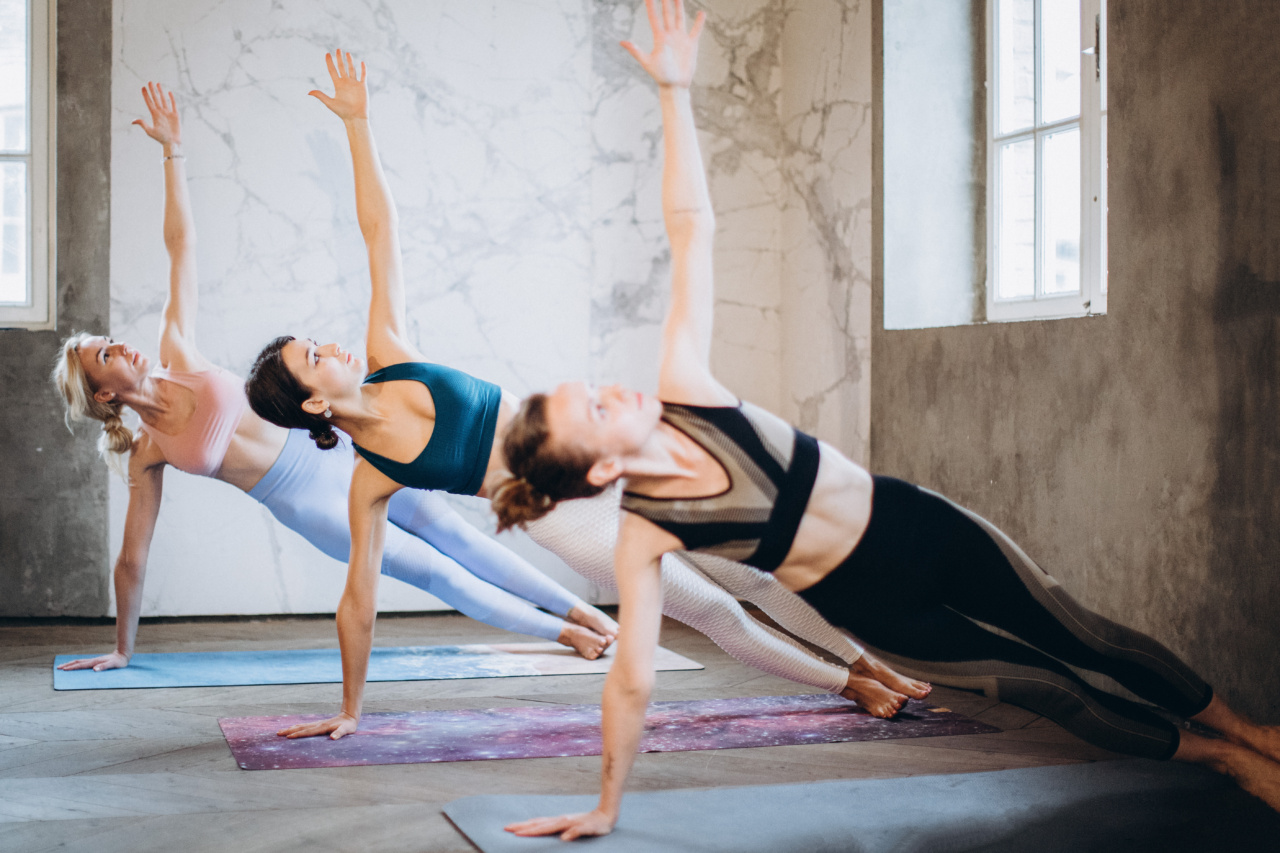Walking is one of the most beneficial exercises for overall health and well-being. It is a simple and cost-effective way to stay fit and active, and it offers numerous benefits to the body and mind.
But have you ever thought about walking barefoot and how it might affect your health? In this article, we will explore the benefits of barefoot walking and why you should give it a try.
What is Barefoot Walking?
Barefoot walking, as the name suggests, refers to walking without shoes or any other footwear. It involves walking on natural surfaces such as sand, grass, and soil, as well as hard surfaces such as concrete and pavement.
Humans have been walking barefoot for thousands of years, and it is only in recent times that shoes have become the norm.
Benefits of Barefoot Walking
1. Better balance and posture – Walking barefoot engages the muscles in your feet, legs, and core, forcing them to work harder to maintain balance and proper posture.
This can help improve your overall balance and reduce your risk of falls and injuries.
2. Stronger feet muscles – When you wear shoes, your feet muscles become lazy and inactive. Walking barefoot allows your feet to move freely and naturally, which helps to strengthen the muscles in your feet and lower legs.
3. Improved sensory perception – Walking barefoot allows your feet to feel the ground beneath them, providing greater sensory input and awareness. This can improve your overall body awareness and coordination.
4. Reduced foot pain- Walking barefoot can help reduce foot pain caused by a variety of issues such as plantar fasciitis, flat feet, and weak arches.
When walking barefoot, you engage the muscles in your feet, which can help support and strengthen the arches.
5. Increased circulation – Walking barefoot can help increase circulation in your feet and lower legs. This increased blood flow can help reduce inflammation and promote healing in tissues.
6. Decreased stress on joints – Walking barefoot can help reduce stress on your joints by encouraging a more natural gait and foot strike. This can help reduce your risk of developing joint problems such as arthritis.
7. Improved mood – Walking barefoot in nature can provide a sense of grounding and connection with the earth, which can help reduce stress and improve your overall mood.
Precautions to Take When Walking Barefoot
While walking barefoot can be beneficial, it is important to take certain precautions to prevent injuries:.
1. Start slowly – If you are not used to walking barefoot, start slowly and gradually increase the duration and intensity of your walks.
2. Choose the right surface – Avoid walking on hot pavement or sharp objects such as broken glass, stones, or thorns. Stick to natural surfaces such as grass, sand, and soil.
3. Watch where you are going – Walking barefoot requires greater caution and awareness. Watch where you are walking to avoid stepping on something sharp or dangerous.
4. Strengthen your feet – Before starting barefoot walking, take some time to strengthen your feet muscles with exercises such as toe curls and ankle rolls.
In Conclusion
Barefoot walking is an inexpensive and effective way to boost your overall health and well-being. It offers numerous benefits such as improved balance, stronger feet muscles, heightened sensory perception, reduced foot pain, and increased circulation.
However, it is important to take appropriate precautions to prevent injuries. If you are looking for a simple and natural way to enhance your health, give barefoot walking a try.






























